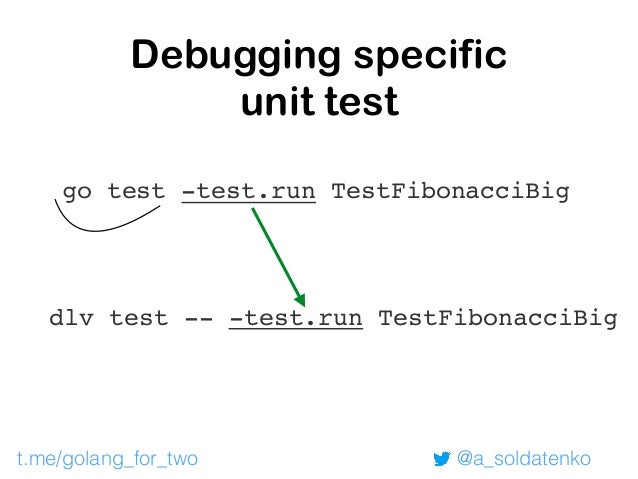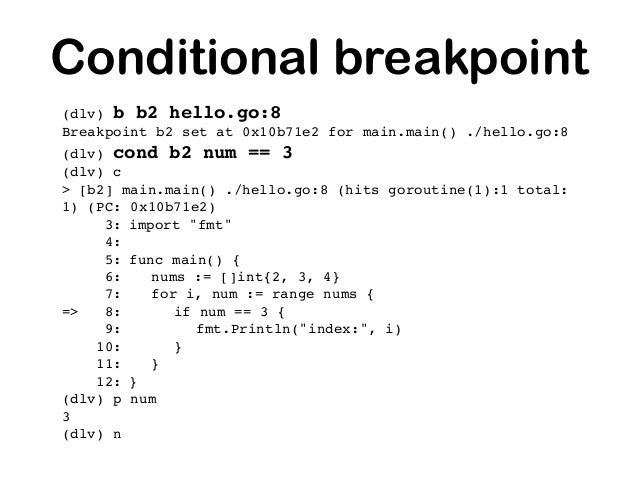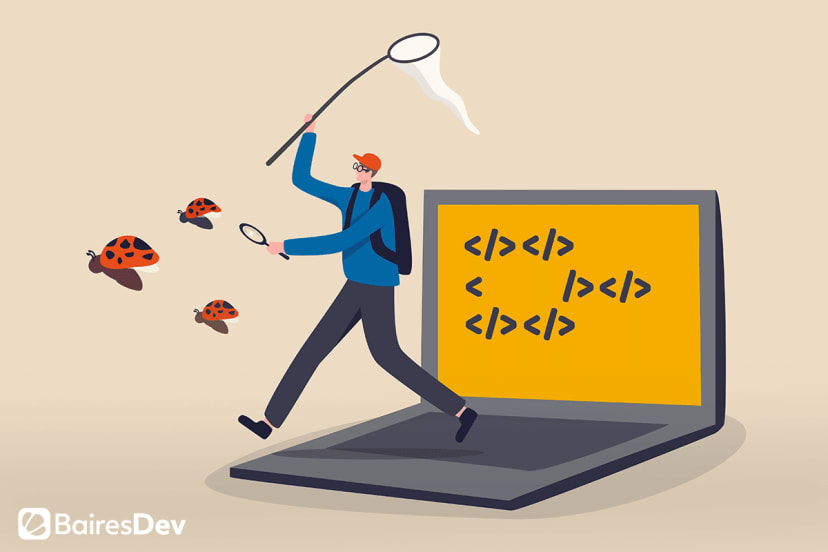Advanced Debugging Techniques for Faster Resolution

When debugging complex software systems, traditional techniques like print statements and breakpoints can become insufficient. Advanced debugging techniques provide more sophisticated tools and methods to accelerate problem resolution.

1. Profiling: Profiling measures the performance of a program, identifying performance bottlenecks and memory usage issues. Tools like Valgrind and gprof can provide detailed information about function call durations, memory allocations, and potential optimizations.

2. Unit Testing: Unit tests decompose a system into small, isolated units and verify their individual behavior. They help isolate errors early on, reducing the time spent debugging the entire system. Frameworks such as PHPUnit and JUnit provide extensive testing capabilities.
3. Code Coverage Analysis: This technique measures how thoroughly the code is being tested by execution. Tools like gcov and Cobertura generate reports indicating which parts of the code have been executed and which have not, helping identify gaps in test coverage and potential errors.
4. Logging with Structured Data: Logging provides a chronological record of events and errors. Structured logging formats, such as JSON or XML, enable easy parsing and filtering, making it easier to pinpoint issues and trace their origin.
5. Version Control Analysis: Version control systems, such as Git, allow developers to track code changes over time. By comparing different versions, it’s possible to identify the exact changes that introduced an error, speeding up the debugging process.
6. Static Analysis: Tools like SonarQube and pylint analyze code statically, identifying potential vulnerabilities, code quality issues, and performance concerns. They provide insights into code maintainability and help prevent errors before they occur.
7. Error Recovery and Resilience: Advanced debugging techniques emphasize designing systems with error recovery and resilience mechanisms. Logging and monitoring tools can be used to detect and report errors in real-time, providing insights into system behavior and aiding in faster resolution.
By incorporating these advanced debugging techniques, developers can significantly reduce the time spent debugging and ensure faster resolution of issues. They provide more accurate and detailed information, automate error detection, and promote code quality, ultimately improving software reliability and stability.

Gr8 post! Thnx 4 sharing these tips. I’ve been struggling with debugging for a while now, and this article has really helped me understand the process better.
This article is a waste of time. The tips are too vague and general to be of any use. I’m really disappointed.
I found this article to be very informative. I learned a lot about debugging techniques that I didn’t know before.
I disagree with the author’s claim that debugging is a difficult process. I think it’s actually quite easy, as long as you have the right tools and know-how.
Oh, the irony! An article about debugging techniques that is full of syntax errors.
Money, money, money! This article is all about making money. The author is just trying to sell you his products.
Y’all need to lighten up! This article is a fun and informative read. I especially liked the part about the rubber duck debugging technique.
Meow.
I’m going to steal all of these debugging techniques and use them to take over the world!
I’m so glad I found this article. I’ve been having a lot of trouble debugging my code lately.
This article is great! I’ve been using these techniques for years, and they’ve saved me a lot of time and frustration.
I’m too old for this debugging stuff. I’ll just let my sidekick, Barnacle Boy, do it.
I’m the best debugger in the world! I can find any bug, no matter how small.
Avast there, matey! This article be full of useful debugging tips. I’ll be using them to find the treasure that be hidden in my code.
Y’all need to lighten up! This article is a fun and informative read. I especially liked the part about the rubber duck debugging technique.
This article is a real gas! I’ve been debugging code for years, and I’ve never seen anything like it before.